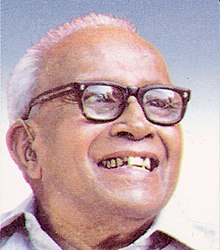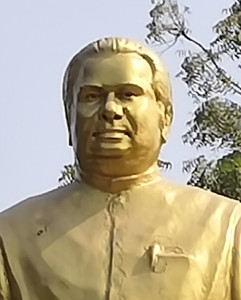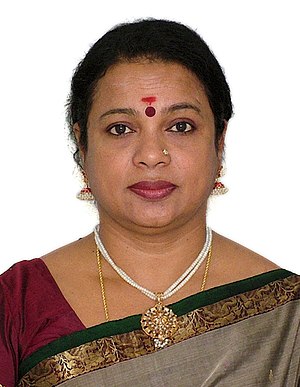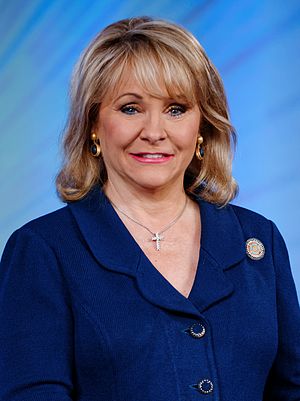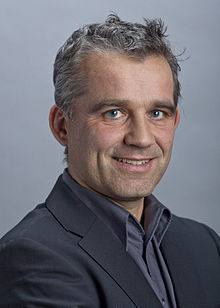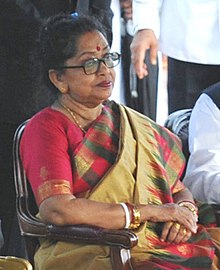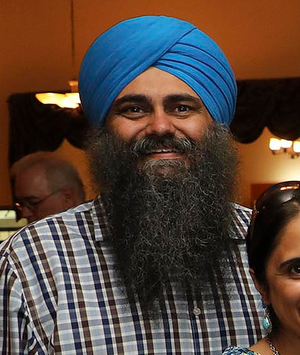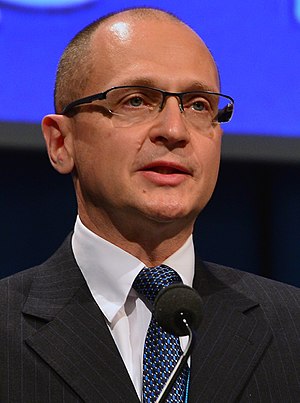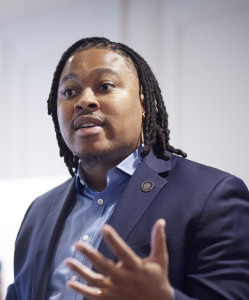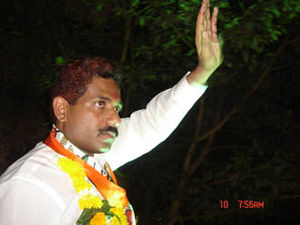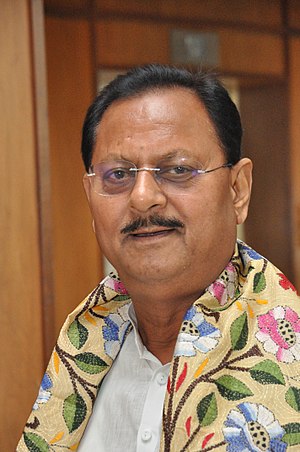) On 5 April 1957 he was appointed as the first chief minister of Kerala. His government introduced the Land Reform Ordinance and Education Bill. In 1958, a period of anticommunist protest, the Vimochana Samaram, began in response to the bills. The central government of India responded in 1959 by invoking Article 356 of the Indian Constitution, suspending state government and imposing President's rule. Initially, Prime Minister Jawaharlal Nehru was hesitant to dismiss a democratically elected government, but he was convinced by his daughter Indira Gandhi. Involvement by the Central Intelligence Agency's in the ouster has been long suspected. Declassified CIA documents show that the establishment of communist state governments in India concerned them and "preventing additional Keralas became an important argument for augmenting U.S. assistance to India".


